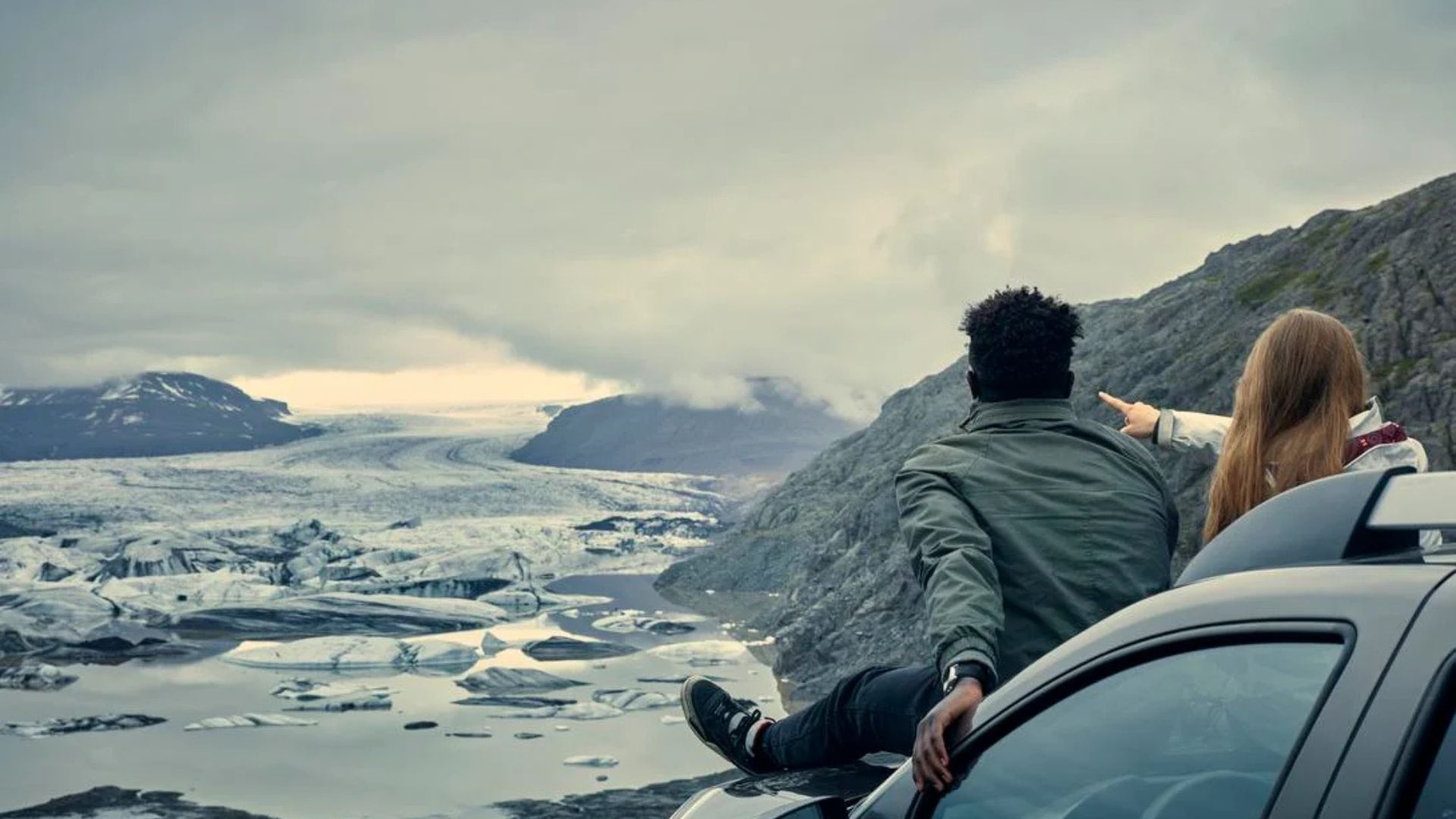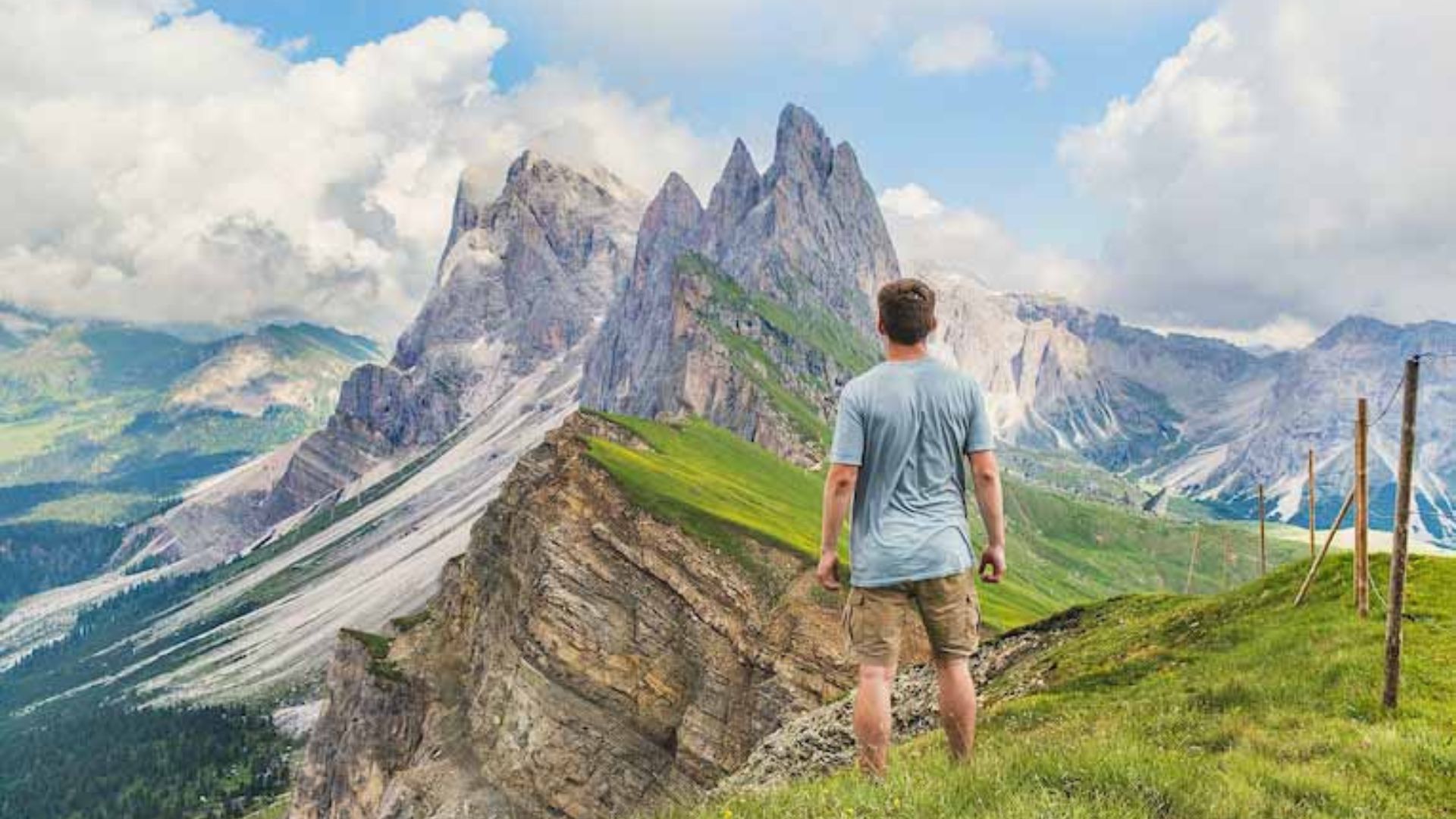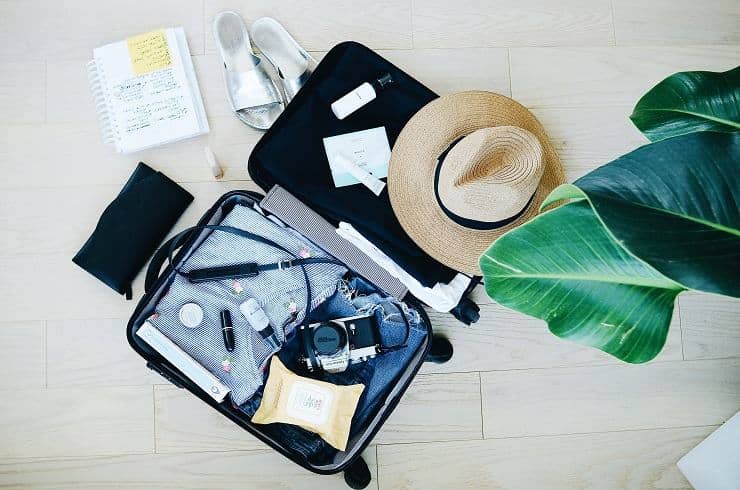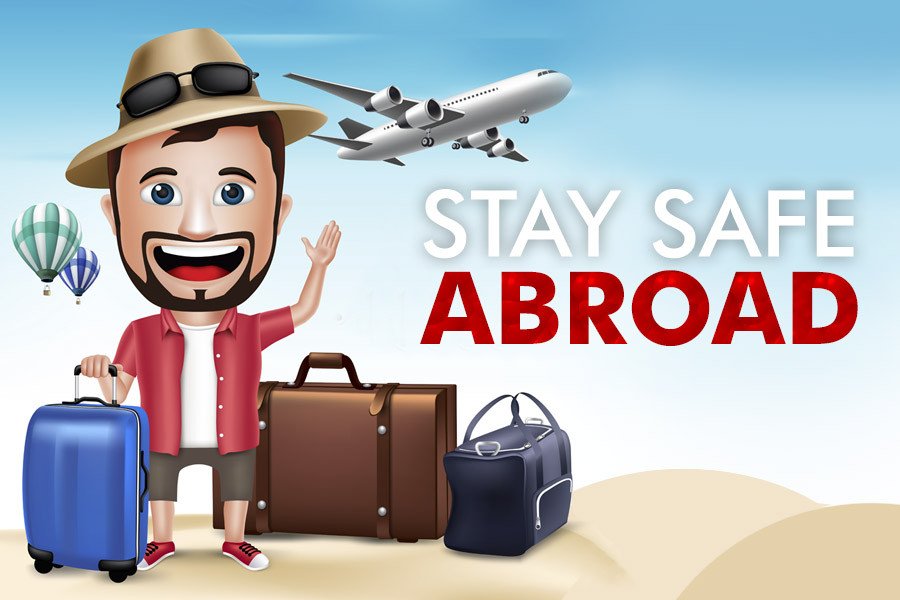Traveling solo can be one of the most rewarding experiences. It allows you to explore new places, meet new people, and learn about yourself. However, as a solo traveler, safety should always be your top priority. Whether you’re wandering through a new city, hiking in the mountains, or exploring a beach town, there are several things you can do to stay safe. In this article, we’ll share some practical traveling safety tips for solo travelers to help ensure that your trip is not only fun but also secure.
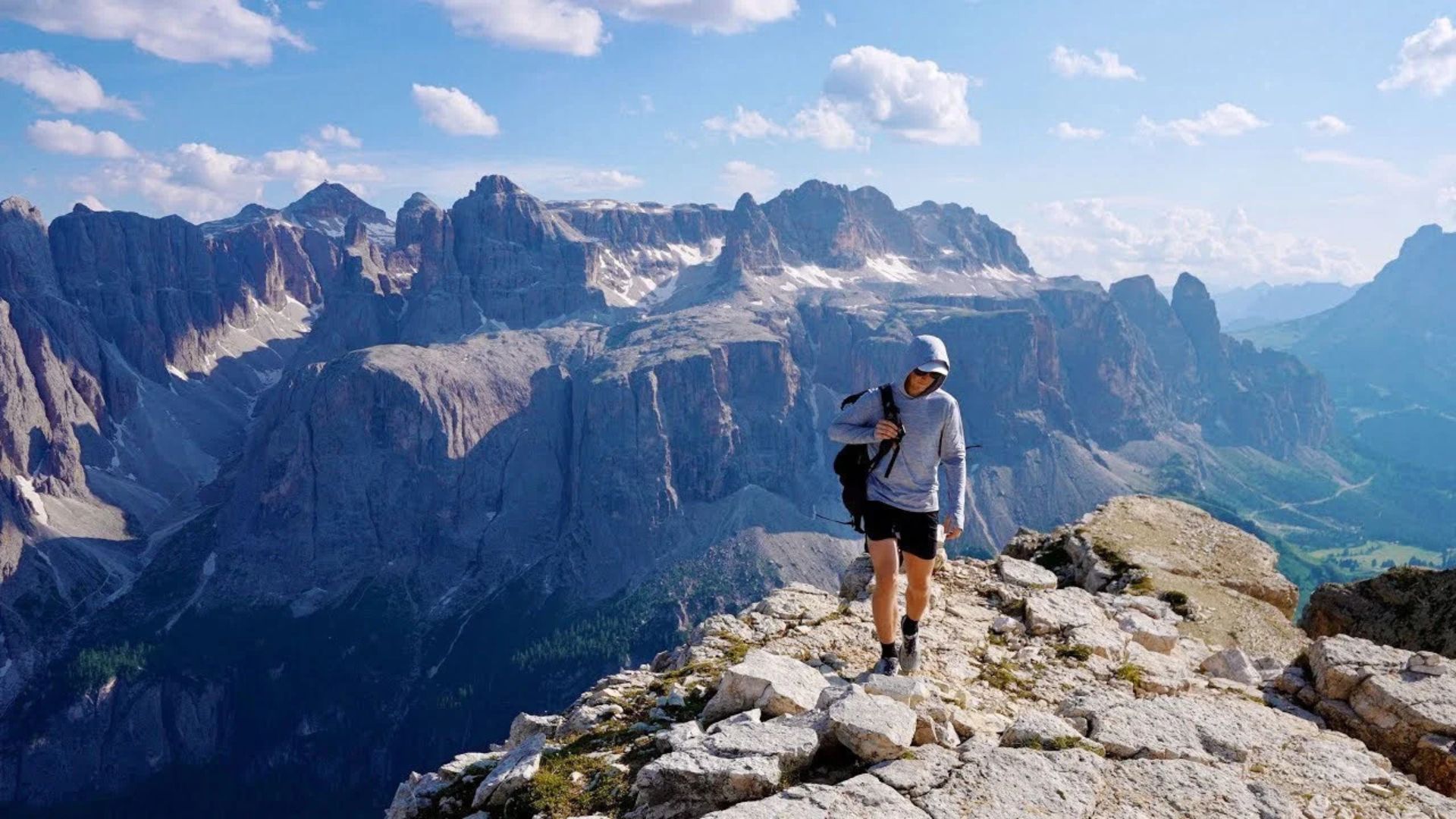
1. Research Your Destination
Before you head off to a new location, do thorough research on the area. Learn about the local culture, customs, and any potential risks. Check government travel advisories and read travel forums to get firsthand advice from other travelers. Make sure to identify safe neighborhoods, areas to avoid, and common scams. Understanding where you’re going will help you feel more prepared and confident.
2. Share Your Itinerary
When traveling alone, always share your travel itinerary with a friend or family member. Let them know where you’ll be staying, your flight details, and the activities you plan to do. This simple step ensures someone knows your whereabouts in case of an emergency. You can also use location-sharing apps, like Google Maps or Find My Friends, to stay connected with someone back home during your trip.
3. Keep Your Valuables Secure
Carrying valuables, like your phone, money, and passport, can make you a target for theft. Keep your valuables in a safe place, such as a money belt or neck pouch. Don’t leave your items in plain sight, especially in crowded places. When using public transportation, try to keep your belongings close to you and be aware of pickpockets. It’s also a good idea to have a backup card and some cash stored separately in case of loss or theft.
4. Stay in Safe Accommodations
Choosing the right accommodation is crucial for your safety. Opt for well-reviewed hotels or hostels in safe neighborhoods. When booking online, read reviews from other travelers to ensure the property is legitimate and secure. If possible, choose accommodations that offer 24-hour reception or security. Avoid staying in isolated areas, especially if you’re arriving late at night.
5. Trust Your Instincts
One of the best safety tips for solo travelers is to always trust your instincts. If something doesn’t feel right, don’t hesitate to remove yourself from the situation. Whether it’s an uncomfortable conversation with a stranger or an unfamiliar area, your intuition can be your best guide. Trusting yourself will help you make better decisions and stay safe on the road.
6. Keep Your Phone Charged
Your phone is an essential tool for staying safe while traveling solo. Always keep it charged and have a portable charger with you in case you need it. Use your phone to check maps, communicate with friends or family, and call for help if needed. In case of an emergency, it’s important that your phone is ready to go. Download important apps, such as offline maps, translation apps, and safety apps, to ensure you have everything you need.
7. Blend In With Locals
As a solo traveler, it’s important to avoid drawing too much attention to yourself. Try to blend in with the locals by dressing modestly and following local customs. If you’re traveling to a destination with a specific dress code, make sure to respect it. Also, avoid speaking loudly or making a spectacle of yourself. The more you blend in, the less likely you are to become a target for theft or scams.
8. Stay Sober and Alert
When traveling solo, staying sober in unfamiliar places is a good rule of thumb. Keep your wits about you, especially in busy or tourist-heavy areas. Drinking too much can leave you vulnerable to accidents, theft, or dangerous situations. If you plan to drink, always do so in moderation and keep an eye on your drink. Don’t accept drinks from strangers or leave your drink unattended.
9. Use Reliable Transportation
When traveling solo, always use reliable transportation options. Stick to reputable taxi companies, rideshare services like Uber or Lyft, or public transportation. If you’re unsure about which taxi to take, ask locals or your hotel for recommendations. Avoid accepting rides from strangers or using unlicensed taxis, as these can be unsafe. In some cities, it’s best to use a local SIM card to access ride-hailing apps, ensuring you’re always a few taps away from getting home safely.
10. Stay Healthy
Your health is just as important as your safety when traveling solo. Always carry a small first aid kit with basic items like band-aids, pain relievers, and any personal medications you may need. Drink plenty of water and be cautious about what you eat to avoid foodborne illnesses. If you’re traveling to a destination with specific health risks (such as malaria), take the necessary vaccinations and preventative measures. If you feel unwell, don’t hesitate to seek medical help.
11. Make Copies of Important Documents
Losing your passport, ID, or other important documents can quickly ruin your trip. To avoid this, make photocopies or digital copies of your essential documents and store them separately from the originals. Keep a copy in your luggage and another copy on your phone or cloud storage. If something gets lost or stolen, having a copy will make the process of replacing it much easier.
12. Keep a Low Profile on Social Media
While it’s tempting to share your adventures on social media, try to avoid posting real-time updates. If you post about your location while traveling, it could alert others to your whereabouts. Posting about your trip while you’re still in a destination can also make you a target for theft or unwanted attention. Wait until you leave a location to share your experiences online.
13. Learn Basic Local Phrases
Even if you don’t speak the local language, learning a few basic phrases can go a long way in helping you stay safe. Learn how to say “hello,” “thank you,” “help,” and “where is…?” in the local language. This simple effort shows respect for the culture and can help you navigate unfamiliar situations more easily.
Conclusion
Solo travel is an amazing experience that can provide lifelong memories. However, it’s important to be aware of potential risks and take steps to ensure your safety. By researching your destination, keeping your valuables secure, trusting your instincts, and staying alert, you can have a safe and enjoyable solo trip. So, go ahead and pack your bags – your next adventure awaits, and with these safety tips, you’ll be ready to make the most of it.

